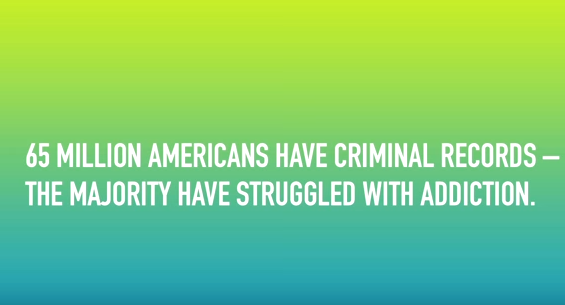By: Robert (Bob) Bianchi, Esq.
I was recently on Fox News with host Arthel Neville and co-host Misty Marris regarding another prison case where corrections officers beat and used tasers on inmate Matthew Ajibade after he was immobilized and who later died after not being checked on medically by prison staff.
The video which you can see in the segment we did is compelling. The officers are on trial for his death in criminal court on a variety of charges. I have written about the problems with the prison system before in the Sandra Bland case.
First, let me dispel one issue. Regardless of what someone is accused of having done, they are entitled as wards of the state to a minimum of protections for their health, safety, and welfare. Many times these prisoners are in jail for very minor offenses. They are not yet convicted, and as such, are entitled the presumption of innocence.
Having spent ½ of my career as a New Jersey Prosecutor, and ½ as a New Jersey Criminal Defense Attorney, I have seen some very bad things happen in jails where prisoners have needlessly been injured or killed due to jail malfeasance, and sometimes outright wrongdoing. But, the prison system is, as I have said, the “underbelly of the criminal justice system.”
Due to the refusal of high-level government officials to better monitor jails, judges who allow abuses, and prosecutors who often look the other way, these abuses get worse. Now, I support corrections officers and police officers as anyone who knows me, sees my TV appearances and reviews my writings knows. But, I also call it like I see it from a vantage point of 26 years of experience and call these cases as I see them knowing the law, policies, and giving deference to split second decisions that officers have to make.
In this case, however, there was no need for the officers to employ that level of force against Mr. Ajibade as is evidenced in the video of the incident. And, as we see time and time again, there are claims of resistance when a person is down on the ground, without the realization that the person is fighting for their life due to the level of force employed against them, as opposed to fighting the officers.
For sure, Mr. Ajibade was passively resisting the officers with his hands up in the air and not obeying commands. But, there was no danger to the officers whatsoever. Police and corrections officers for years have been training to use their words, as opposed to using excessive force in situations like this. This is not to mention that many times they are dealing with people that are on drugs, mentally ill, and emotionally overwhelmed. When the officers are not at physical risk, they are trained that using their verbal skills lessens the need for force which harms prisoners AND corrections staff alike.
If we can all get past the “he’s in prison and deserves it” mentality- – and ask how you would feel if this were your mother, father, brother, and sister, then we can start to have a meaningful dialogue about prison abuse. This case should be prosecuted and it sends the message that if such instances occur, you will face manslaughter charges, or other homicide-related charges, in addition to official misconduct charges.
While we must support and defend the tough job that officers have to protect us, we so too must hold them accountable for such flagrant violations of the use of force and jail policies that occurred in this case.
Check out the segment and video of the assault and let me know what your thoughts are.
Lastly, I will also say this. People have to start understanding that resistance to officers commands is seen as a threat to officers. Even “passive resistance” is seen as a danger. Many of the cases in the media have shown that when you talk back, resist, argue, will not submit to arrest, etc… that you are creating an environment for danger to yourself. Police have a job and listening to them (whether you agree or not) is important to one’s safety. If you disagree with what the police have done, get a lawyer and argue it in court. This does not justify what happened here, but nevertheless is simple, practical advice to remain safe with any police encounter.
© Robert (Bob) Bianchi, Esq.










